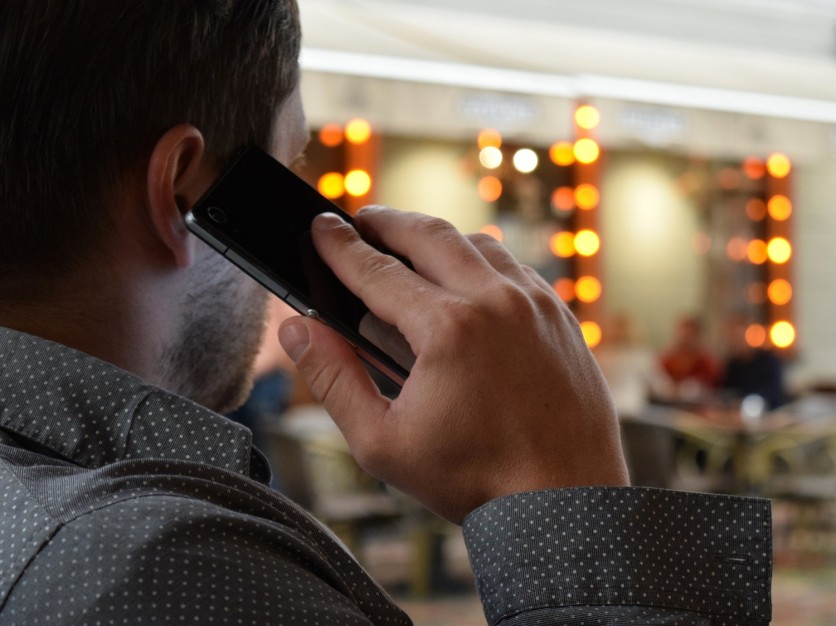Phone providers may be required to put in the call verification feature by the end of June 2021 under rules authorized today by the Federal Communications Commission (FCC). The technology, called STIR/SHAKEN, allows mobile carriers to verify calls from an actual number. The feature would then let people know if they picked up the call instead of ignoring a spoofed robocall.

The FCC has been slow to enforce any form of anti-robocalling feature. Today's approval only comes after Congress voted last year to ask STIR/SHAKEN to be implemented and for the FCC to oversee it. Before then, FCC chairman Ajit Pai had tried to encourage smartphone provider companies to implement the protocols voluntarily. Many had begun to do so, but implementation had been slow, notwithstanding the irritating uptick in robocalls in current years.
ALSO READ : FCC Warns Against 'One-Ring' Robocall Scam
The Traced Act Requires the Authentication System to Be Implemented
Even at the cease of June 2021, the system won't be foolproof. Service providers would only practice the generation to the IP-based quantities of their networks (so cellphone structures that still rely upon older tech are exempted), and the FCC is working to increase the cut-off date for smaller phone organizations by a year.
Once the technology is in place, phone companies still ought to combine their authentication structures with each other. The TRACED Act, delivered with the help of Congress, requires cellphone companies to work in the direction of that integration. Still, there aren't actually time limits on how quickly it has to happen.
Major service providers, together with T-Mobile, AT&T, and Comcast, have already commenced to roll the technology out, but support has been limited.
Authentication is best available on certain smartphones, and the systems aren't all incorporated to work together yet. That leads to some considerable gaps in the system: while you may make sure an authenticated name is real, there's no assurance that an un-authenticated call is a robocall. In essence, the caller might merely be a person calling from an unsupported network. The device won't actually work as a robocall detection feature until ever provider is on board.
Still, the June 2021 closing date way that things are subsequently moving. STIR/SHAKEN very likely won't have constant the robocall hassle via then. Still, it has to hopefully be in a position to soon make a dent in it.
Consumer groups lauded new FCC robocall rules, but here's a catch
Consumer Reports applauded the move and endorsed the FCC to prioritize actions similar to robocalls defrauding clients amid coronavirus pandemic.
Maureen Mahoney, a policy analyst at Consumer Reports, finds robocall scammers outrageous preying on consumers with faux and deceptive coronavirus information.
While FCC's latest step is commendable, the consumer group claims there is still work to do. "The FCC needs to take decisive action to ensure that phone companies actually stop scam robocalls before they reach the consumer," Mahoney said in a statement.
For years, Consumer Reports has called FCC's attention to require phone businesses to adopt effective anti-robocall technology. In July, Consumer Reports brought over 200,000 petition signatures to the FCC, calling on the agency to require powerful caller ID authentication technology.
Effective anti-robocall gear is particularly crucial now due to a virulent disease of coronavirus scams, according to Consumer Reports. Robocall scammers have reportedly targeted customers with fraudulent gives for coronavirus protection and medical kits.
In the wake of the COVID-19 outbreak, Consumer Reports has advised policymakers to prioritize protecting personal safety and security and supplied additional assets to consumers. Consumer Reports had previously also provided hints to clients looking to avoid scam robocalls.




